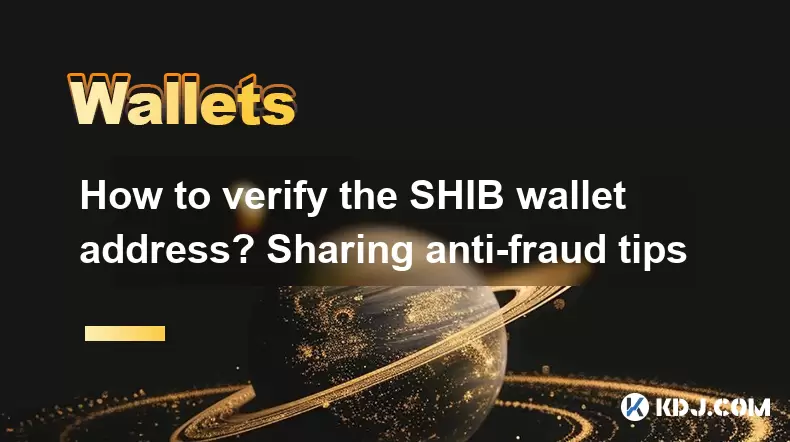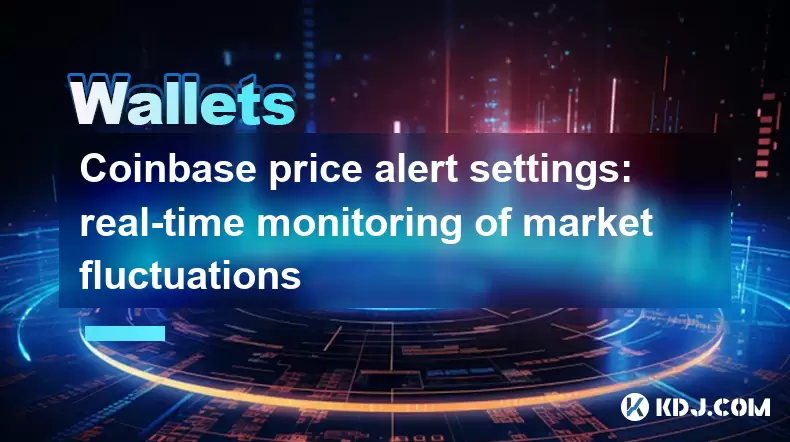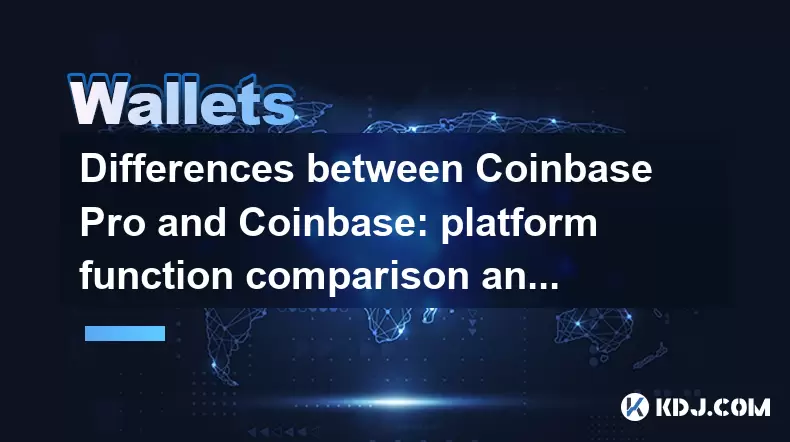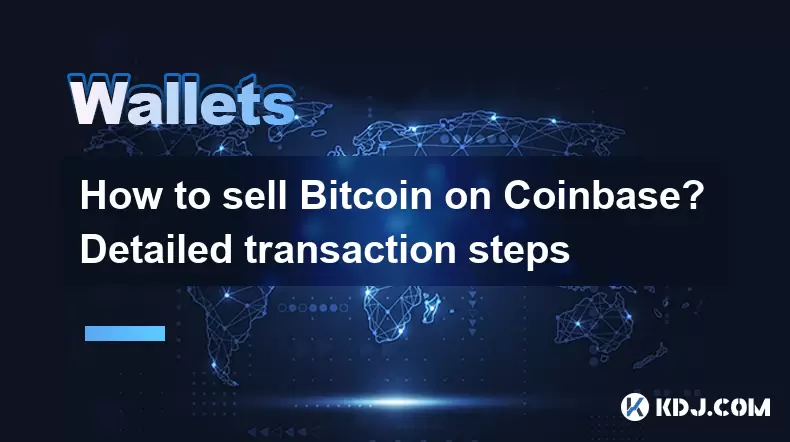-
 Bitcoin
Bitcoin $107,341.7259
0.15% -
 Ethereum
Ethereum $2,438.6204
0.70% -
 Tether USDt
Tether USDt $1.0003
-0.02% -
 XRP
XRP $2.1866
1.94% -
 BNB
BNB $649.0952
0.36% -
 Solana
Solana $150.9602
5.63% -
 USDC
USDC $0.9999
0.00% -
 TRON
TRON $0.2742
0.40% -
 Dogecoin
Dogecoin $0.1645
1.93% -
 Cardano
Cardano $0.5669
1.18% -
 Hyperliquid
Hyperliquid $37.8286
4.19% -
 Bitcoin Cash
Bitcoin Cash $491.4669
-2.74% -
 Sui
Sui $2.8150
3.06% -
 Chainlink
Chainlink $13.4184
2.91% -
 UNUS SED LEO
UNUS SED LEO $9.0809
0.27% -
 Avalanche
Avalanche $18.0295
2.60% -
 Stellar
Stellar $0.2396
1.19% -
 Toncoin
Toncoin $2.8587
0.13% -
 Shiba Inu
Shiba Inu $0.0...01160
2.59% -
 Litecoin
Litecoin $86.4192
1.45% -
 Hedera
Hedera $0.1486
1.19% -
 Monero
Monero $308.4324
0.87% -
 Polkadot
Polkadot $3.4202
1.43% -
 Bitget Token
Bitget Token $4.6436
-0.34% -
 Dai
Dai $0.9998
-0.02% -
 Ethena USDe
Ethena USDe $1.0002
0.00% -
 Uniswap
Uniswap $7.1527
3.29% -
 Pi
Pi $0.5357
-8.45% -
 Pepe
Pepe $0.0...09588
4.61% -
 Aave
Aave $259.9759
0.81%
How to verify the SHIB wallet address? Sharing anti-fraud tips
To safely manage SHIB, verify wallet addresses by double-checking, using blockchain explorers, and confirming with owners; use secure wallets and beware of phishing scams.
May 13, 2025 at 08:56 pm

Verifying a SHIB (Shiba Inu) wallet address and protecting yourself from fraud are crucial steps in managing your cryptocurrency safely. This article will guide you through the process of verifying your SHIB wallet address and share essential anti-fraud tips to ensure your digital assets remain secure.
Understanding SHIB Wallet Addresses
Before diving into verification methods, it's important to understand what a SHIB wallet address is. A SHIB wallet address is a unique string of characters used to send and receive Shiba Inu tokens on the Ethereum blockchain. Each wallet address is unique and acts as a public key, allowing others to send SHIB to your wallet.
How to Verify a SHIB Wallet Address
Verifying a SHIB wallet address involves several steps to ensure you are dealing with the correct address. Here's how you can do it:
Double-Check the Address: The first step in verifying a SHIB wallet address is to double-check it. Mistakes in copying and pasting addresses are common and can lead to the loss of funds. Always manually verify the address by comparing it character by character with the one provided.
Use a Blockchain Explorer: To further verify the address, you can use a blockchain explorer like Etherscan. Enter the SHIB wallet address into the search bar of the explorer. If the address exists and has transaction history, you can be more confident that it is legitimate.
Confirm with the Owner: If you are sending SHIB to someone else's wallet, always confirm the address with the owner before sending any funds. A quick message or call to confirm the address can save you from potential fraud.
Check for Address Formatting: SHIB wallet addresses should start with "0x" and be 42 characters long. If the address does not conform to this format, it may be a scam.
Anti-Fraud Tips for SHIB Transactions
Protecting yourself from fraud is as important as verifying wallet addresses. Here are some essential anti-fraud tips for SHIB transactions:
Use Secure Wallets: Always use reputable and secure wallets to store your SHIB. Popular options include hardware wallets like Ledger and software wallets like MetaMask. Avoid using exchange wallets for long-term storage.
Enable Two-Factor Authentication (2FA): Enabling 2FA on your wallet and exchange accounts adds an extra layer of security. This can prevent unauthorized access even if your password is compromised.
Beware of Phishing Scams: Phishing scams are common in the crypto world. Be cautious of emails, messages, or websites asking for your wallet details or private keys. Always verify the source before providing any information.
Verify Transactions Before Confirming: Before confirming any transaction, double-check the recipient's address and the amount. Some scams involve sending small amounts to test the waters before larger fraudulent transactions.
Keep Software Updated: Regularly update your wallet software and operating system to protect against known vulnerabilities. Outdated software can be exploited by hackers.
Common SHIB Scams to Watch Out For
Being aware of common SHIB scams can help you avoid falling victim to fraud. Here are some prevalent scams:
Fake Airdrops: Scammers may promise free SHIB tokens through airdrops but require you to send tokens or provide personal information first. Always research the legitimacy of any airdrop before participating.
Impersonation Scams: Scammers may impersonate well-known figures or official SHIB accounts on social media. Always verify the authenticity of accounts before engaging with them.
Pump and Dump Schemes: These schemes involve artificially inflating the price of SHIB through coordinated buying and then selling at a profit. Be cautious of sudden price spikes and overly enthusiastic promotions.
Rug Pulls: In a rug pull, developers promote a new SHIB-based project and then disappear with the invested funds. Research the team and project thoroughly before investing.
Best Practices for SHIB Transactions
Following best practices can help you manage your SHIB transactions more securely. Here are some tips:
Use Small Test Transactions: Before sending large amounts of SHIB, send a small test transaction to verify the address and ensure everything works correctly.
Keep Private Keys Offline: Store your private keys in a secure, offline location. Never share your private keys with anyone.
Monitor Your Wallet Regularly: Regularly check your SHIB wallet for any unauthorized transactions. Early detection can help you take action quickly.
Educate Yourself: Stay informed about the latest developments in the crypto space and educate yourself about common scams and security practices.
Frequently Asked Questions
Q: Can I recover SHIB sent to the wrong address?
A: Unfortunately, transactions on the blockchain are irreversible. If you send SHIB to the wrong address, it is highly unlikely you will be able to recover it. Always double-check the address before sending.
Q: How can I tell if a SHIB wallet address is safe to use?
A: To determine if a SHIB wallet address is safe, use a blockchain explorer to check its transaction history, confirm the address with the owner, and ensure it conforms to the correct format. Additionally, always use reputable wallets and keep your software updated.
Q: What should I do if I suspect a SHIB transaction is fraudulent?
A: If you suspect a SHIB transaction is fraudulent, immediately stop any further transactions, contact your wallet provider for support, and consider reporting the incident to relevant authorities. Regularly monitoring your wallet can help you detect and respond to fraud quickly.
Q: Are there any tools to help verify SHIB wallet addresses?
A: Yes, tools like Etherscan and similar blockchain explorers can help verify SHIB wallet addresses. These tools allow you to check the transaction history and legitimacy of an address. Additionally, some wallets offer built-in address verification features.
Disclaimer:info@kdj.com
The information provided is not trading advice. kdj.com does not assume any responsibility for any investments made based on the information provided in this article. Cryptocurrencies are highly volatile and it is highly recommended that you invest with caution after thorough research!
If you believe that the content used on this website infringes your copyright, please contact us immediately (info@kdj.com) and we will delete it promptly.
- Kitten Craze Online: Hunting for the Purr-fect Coin Purse
- 2025-06-29 10:30:12
- Pudgy Penguins Soar to 3-Month High Amidst PENGU ETF Buzz!
- 2025-06-29 10:30:12
- AI Agents, Token Role, and Capitalization: Navigating the Web3 Frontier
- 2025-06-29 10:50:11
- Avalanche Price Forecast: Grayscale Boost Signals Potential Rally to $50?
- 2025-06-29 10:50:11
- Khazan's Getting a Facelift: Balance Changes and Freebies Galore!
- 2025-06-29 11:10:12
- Wall Street's Crypto Rival Battle: Saylor vs. Chanos and the Meme Coin Mania
- 2025-06-29 11:10:12
Related knowledge

Coinbase price alert settings: real-time monitoring of market fluctuations
Jun 29,2025 at 07:00am
Setting Up Coinbase Price AlertsTo begin real-time monitoring of market fluctuations on Coinbase, users can utilize the built-in price alert feature. This function allows you to receive notifications when a cryptocurrency reaches a specific price point. To access this setting, open the Coinbase app or log in via the web platform. Navigate to the 'Prices...

How to stake cryptocurrencies on Coinbase? Benefits and risks
Jun 27,2025 at 06:36pm
Understanding Cryptocurrency Staking on CoinbaseStaking cryptocurrencies involves locking up digital assets to support the operations of a blockchain network, typically in return for rewards. Coinbase, one of the most popular cryptocurrency exchanges globally, offers staking services for several proof-of-stake (PoS) coins. Users can stake their holdings...

Differences between Coinbase Pro and Coinbase: platform function comparison and analysis
Jun 29,2025 at 08:21am
Overview of Coinbase and Coinbase ProWhen exploring the cryptocurrency trading landscape, users often encounter two platforms under the same parent company: Coinbase and Coinbase Pro. While both are operated by the same organization, they cater to different types of users and offer varying features. Coinbase is primarily designed for beginners and casua...

How to contact Coinbase customer service? Support channels and response times
Jun 28,2025 at 01:29pm
Contacting Coinbase Customer Service: Support Channels and Response TimesIf you're a user of Coinbase, reaching their customer service team may become necessary for various reasons, such as account verification issues, transaction disputes, or technical difficulties. Understanding the different support channels available and what to expect in terms of r...

Coinbase advanced trading function usage tutorial: limit orders and market orders
Jun 28,2025 at 09:07pm
Understanding the Difference Between Limit Orders and Market OrdersWhen using Coinbase's advanced trading features, it is crucial to understand the fundamental difference between limit orders and market orders. A market order executes immediately at the best available price on the market. This type of order ensures that your trade goes through quickly, ...

How to sell Bitcoin on Coinbase? Detailed transaction steps
Jun 29,2025 at 04:22am
Setting Up Your Coinbase Account for TransactionsBefore you can sell Bitcoin on Coinbase, you must ensure your account is fully set up and verified. Coinbase requires identity verification to comply with regulatory standards. This process involves uploading a government-issued ID, confirming your address, and sometimes submitting a selfie holding the ID...

Coinbase price alert settings: real-time monitoring of market fluctuations
Jun 29,2025 at 07:00am
Setting Up Coinbase Price AlertsTo begin real-time monitoring of market fluctuations on Coinbase, users can utilize the built-in price alert feature. This function allows you to receive notifications when a cryptocurrency reaches a specific price point. To access this setting, open the Coinbase app or log in via the web platform. Navigate to the 'Prices...

How to stake cryptocurrencies on Coinbase? Benefits and risks
Jun 27,2025 at 06:36pm
Understanding Cryptocurrency Staking on CoinbaseStaking cryptocurrencies involves locking up digital assets to support the operations of a blockchain network, typically in return for rewards. Coinbase, one of the most popular cryptocurrency exchanges globally, offers staking services for several proof-of-stake (PoS) coins. Users can stake their holdings...

Differences between Coinbase Pro and Coinbase: platform function comparison and analysis
Jun 29,2025 at 08:21am
Overview of Coinbase and Coinbase ProWhen exploring the cryptocurrency trading landscape, users often encounter two platforms under the same parent company: Coinbase and Coinbase Pro. While both are operated by the same organization, they cater to different types of users and offer varying features. Coinbase is primarily designed for beginners and casua...

How to contact Coinbase customer service? Support channels and response times
Jun 28,2025 at 01:29pm
Contacting Coinbase Customer Service: Support Channels and Response TimesIf you're a user of Coinbase, reaching their customer service team may become necessary for various reasons, such as account verification issues, transaction disputes, or technical difficulties. Understanding the different support channels available and what to expect in terms of r...

Coinbase advanced trading function usage tutorial: limit orders and market orders
Jun 28,2025 at 09:07pm
Understanding the Difference Between Limit Orders and Market OrdersWhen using Coinbase's advanced trading features, it is crucial to understand the fundamental difference between limit orders and market orders. A market order executes immediately at the best available price on the market. This type of order ensures that your trade goes through quickly, ...

How to sell Bitcoin on Coinbase? Detailed transaction steps
Jun 29,2025 at 04:22am
Setting Up Your Coinbase Account for TransactionsBefore you can sell Bitcoin on Coinbase, you must ensure your account is fully set up and verified. Coinbase requires identity verification to comply with regulatory standards. This process involves uploading a government-issued ID, confirming your address, and sometimes submitting a selfie holding the ID...
See all articles

























































































